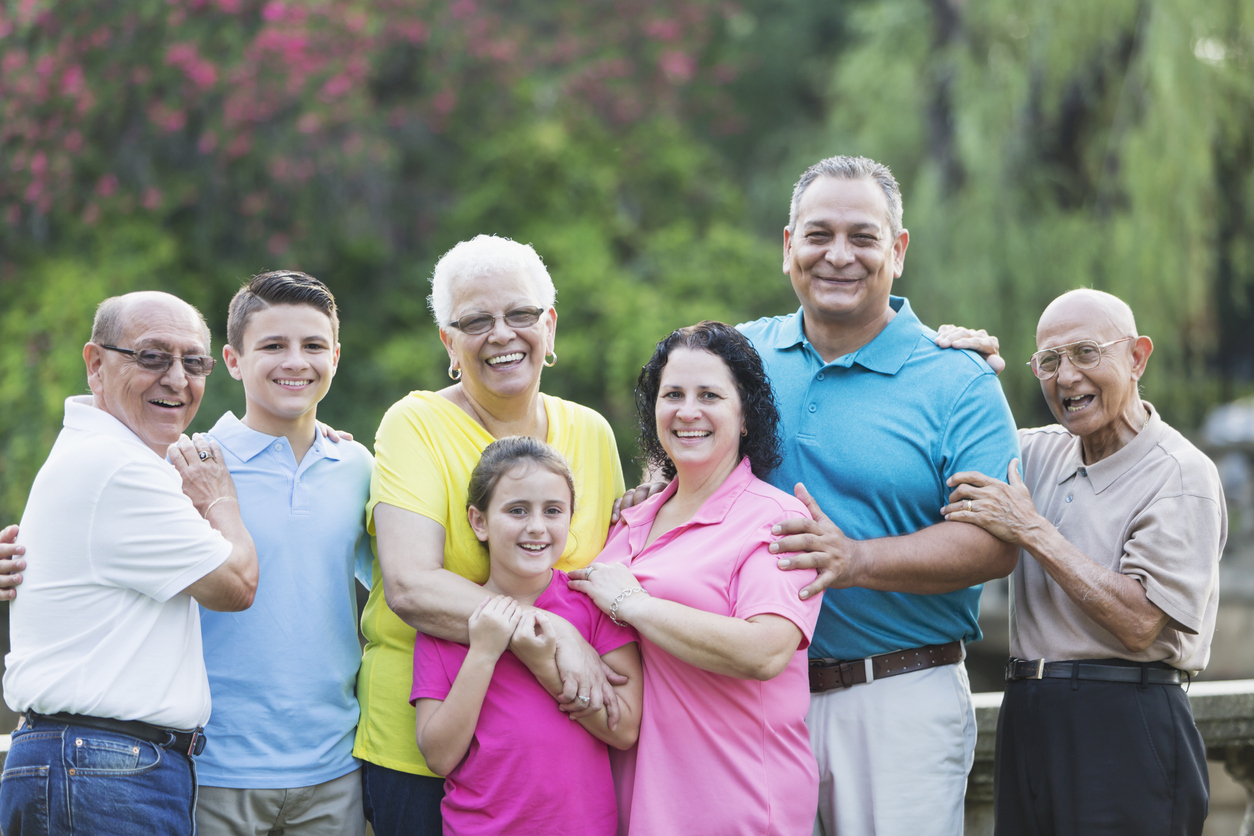Home > MIC Stories: Learning Community to Incorporate Recovery Language and Person-Centered Approaches with Latinx Communities


MIC Stories (MHTTCs Implementing Change) feature technical assistance projects that had a significant impact on practice.
Data indicates that while there was an increase in mental health conditions such as: Major Depressive Disorders (MDD), Serious Mental Illness (SMI), Substance Use, and suicidal thoughts and behaviors among Latinx individuals, treatment gaps were significant for all disorders while 63.2% of Latinx individuals did not receive treatment at all (NSDUH, 2020).
Furthermore, information gained though a series of focus groups with mental health providers working with Latinx populations led by the Northeast and Caribbean MHTTC, the New England MHTTC, and the National Hispanic and Latino MHTTC revealed difficulties in engagement and adherence to treatment among Latino populations in part due to stigma related to mental health and mental health services.
The National Hispanic and Latino MHTTC held a Learning Community (LC) to serve as a bridging process between science and practice. The group was comprised of individuals with shared values and common goals for knowledge and the development of skills to increase treatment engagement among Latina/o/x patients through a culturally responsive person-centered and recovery approach.
The goal of this LC was to increase clinical skills to engage Latina/o/x patients in mental health services.
From September through November 2021, the National Hispanic and Latino MHTTC provided a series of meetings via Zoom that included a brief presentation on recovery-oriented, person-centered approaches with Latinos with mental health disorders followed by group conversations to address implementation of such approaches. During the online sessions, attendees participated in learning experiences to build capacity.
In conjunction with the rise of video/virtual fatigue, providing and coordinating virtual sessions at times that work best for all individuals involved was a specific challenge for this learning community. Cultural elements related to relationship building and connection may have affected participants' willingness to be open and share areas of needed growth.
Participants generated two total scores at baseline. In order to assess knowledge of and attitudes towards recovery-oriented practices, participants completed the Recovery Knowledge Inventory (RKI), which is a 20-item measure. Total scores can range from 20-100, with higher scores suggesting higher levels of recovery knowledge. Participant scores on the RKI ranged from 56 to 69 (M = 63.20, SD = 3.73). Further, participants completed the Patient-Centered Care Competency measure (PCC) to assess knowledge and degree of person-centered care practices. Total scores can range from 17 to 85, with higher scores suggesting higher levels of person-centered care competency. Participant scores on the PCC ranged from 45 to 78 (M = 64.60, SD 9.90).
Finally, we assessed participants' confidence related to their ability to implement person-centered care practices and knowledge related to recovery principles. Scores on both items could range from 0 (not confident) and 10 (extremely confident). Specific to confidence in the ability to implement person-centered care practices, participant scores ranged from 4 to 10 (M = 7.2, SD = 1.68). Related to confidence in knowledge related to recovery principles, participant scores ranged from 2 to 9 (M = 6.00, SD = 2.58). Participants will be re-assessed at the end of the program and 90 days post-program completion.
Immediately after conclusion of the LC, participants were asked to complete the post survey. Of the ten original participants who completed the baseline assessment, only six participated in the post assessment. Participants generated two total scores. Participant total score on the RKI ranged from 43 to 68 (M = 57.83, SD = 9.55). Similarly, Participant scores on the PCC ranged from 68 to 85 (M = 73.0, SD = 6.96). Further, specific to confidence in ability to implement person-centered care practices, participant scores ranged from 7 to 10 (M = 8.2, SD = 1.30). Related to confidence in knowledge related to recovery principles, participant scores ranged from 6 to 10 (M = 8.20, SD = 1.48). Participants will be re-assessed again in 90 days.
It is important to note that the sample size is too small to conduct further analysis such as a dependent sample t-test, which is done when repeated measures are provided
The National Hispanic and Latino MHTTC plans to continue meetings in beginning in March 2022.
The National Hispanic and Latino MHTTC confirmed the need for spaces where professionals can discuss challenges in the offering of mental health services for Latino populations. There continues to be a need to increase culturally responsive approaches to work with Latinx populations.
Continued collaborations between centers provide a unique opportunity to develop ongoing projects to continue to develop skills among providers working with Latinx communities. Learning communities provide an important forum for providers to discuss challenges, share strategies and learn from one another.
The National Hispanic and Latino MHTTC, funded by the Substance Abuse and Mental Health Services Administration, is located in Bayamon, Puerto Rico and is housed at the Universidad Central del Caribe. The mission of the National Hispanic and Latino MHTTC is to provide high-quality training and technical assistance to improve the capacity of the workforce serving Hispanic and Latino communities in behavioral health prevention, treatment, and recovery. The National Hispanic and Latino MHTTC also disseminates and supports the implementation of evidence-based and promising practices to enhance service delivery, promote the growth of a diverse, culturally competent workforce, and bridge access to quality behavioral health services. The National Hispanic and Latino MHTTC is committed to increasing health equity and access through effective culturally and linguistically grounded approaches.

References:
National Survey of Drug Use and Health (NSDUH) 2020